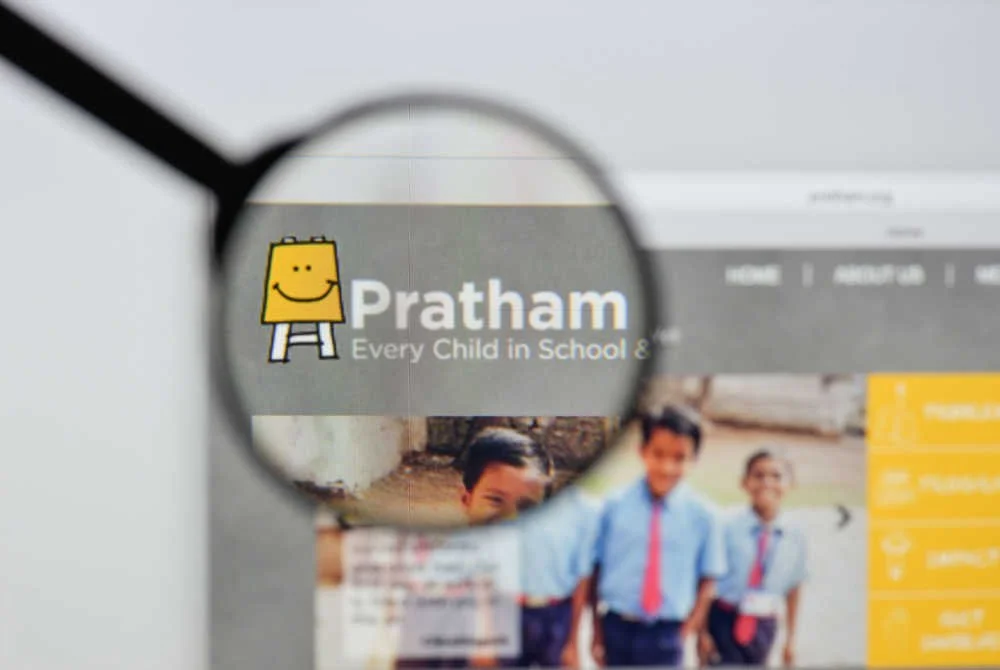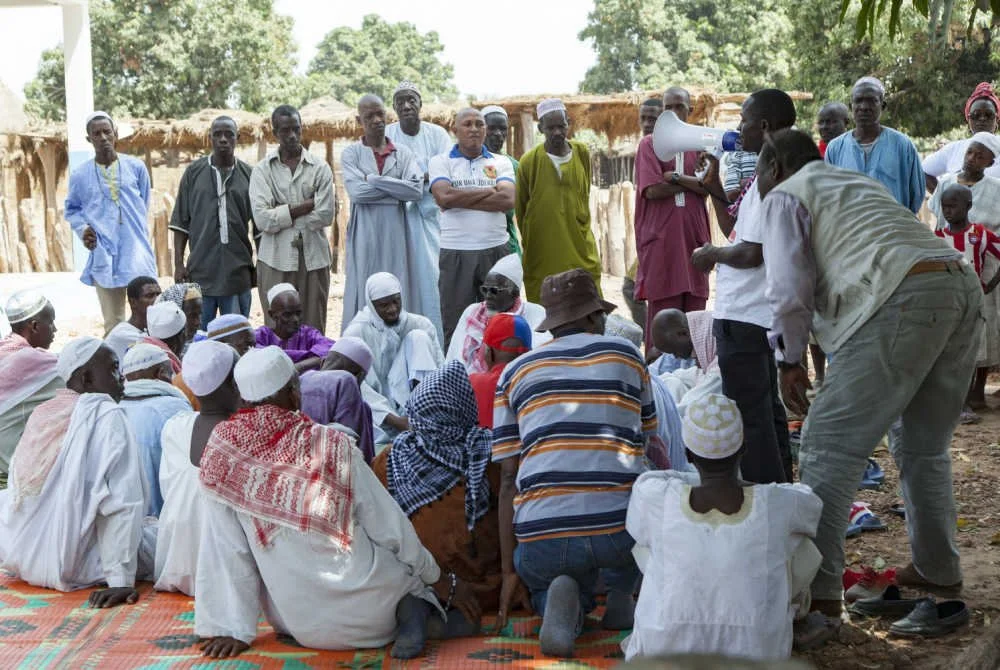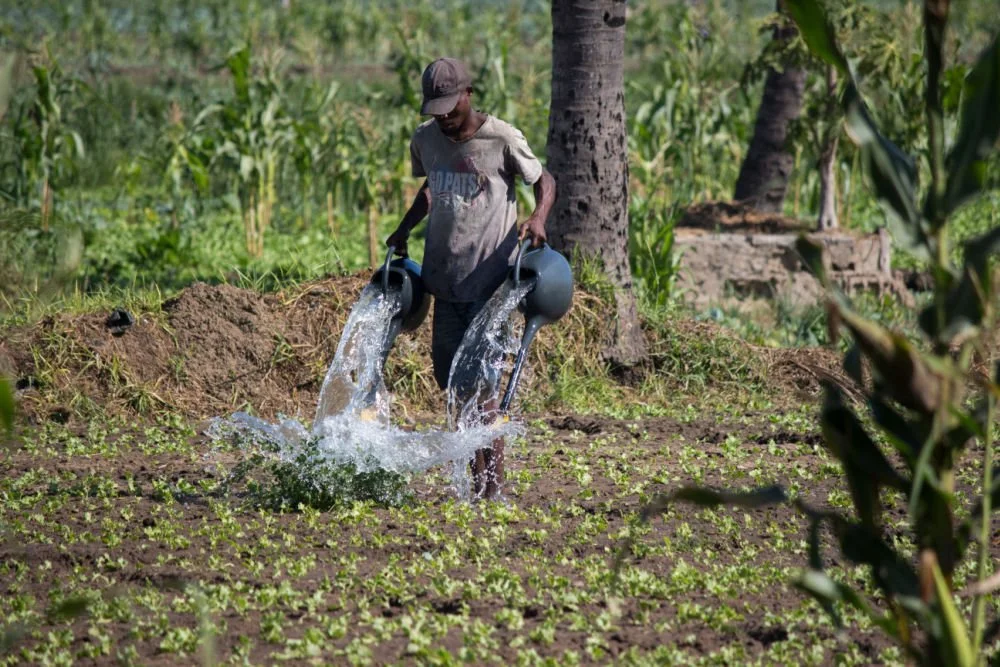This Idea for Fighting Global Poverty Keeps Getting Hotter, Especially in Silicon Valley
/A farmer in Kenya
Interest keeps growing among funders in the idea of fighting global poverty by making direct cash transfers to poor households and letting the recipients spend that money as they see fit. And nowhere is this interest stronger than in Silicon Valley, where GiveDirectly—the lead nonprofit promoting cash transfers—has found some powerful allies.
As we’ve reported before, tech funders backing the group include Facebook co-founder Chris Hughes and Jacquelline Fuller of Google.org. But its biggest backers by far are Dustin Moskovitz and Cari Tuna, who have given over $47 million to the group since 2012.
Related: New Money, Big Bets: Three Takeaways From a Massive Tech Grant to Fight Global Poverty
It's not surprising that GiveDirectly would do well in Silicon Valley, since the group seeks to bypass the middlemen—e.g., international aid agencies and NGOs—that now play a central role in global anti-poverty efforts. Such disintermediation has long been the bread and butter of a tech world that loves to put long dominant institutions out of business. Can international aid groups meet the same fate as, say, travel agencies? It's too early to say, but that prospect is stirring quite a bit of interest. Meanwhile, as we've also reported, more tech funders are gravitating to the idea of a universal basic income (UBI) as a possible solution to growing inequality in the developed world.
The latest funder to back GiveDirectly is the Omidyar Network, which recently announced that it would invest just under $500,000 to provide direct cash transfer payments to people in Kenya.
In taking this step, the Omidyar Network didn't make any grandiose statements about putting the global anti-poverty industry out of business. Rather, it said it has invested in GiveDirectly because metrics show that direct cash transfers work.
According to the Omidyar Network, GiveDirectly’s researchers “have run randomized controlled trials and peer-reviewed studies demonstrating that simply giving people money works.” Now, plans are underway for the full launch by GiveDirectly of a 12-year universal basic income pilot in which will give around $0.75 per day to over 26,000 people living in 200 villages in Kenya. Around 6,000 recipients will receive long-term basic income for the full 12 years. The pilot is being touted as the “largest basic income experiment in history.”
Omidyar’s investment in GiveDirectly aligns nicely with its financial inclusion work. Financial inclusion, according to Omidyar, is “critical to economic and social development.” The network invests in innovative technologies that make access to financial services more affordable and flexible, as well as backing policy making and programs that successfully deliver services to the world's unbanked and financially underserved populations.
As we report often, quite a few big funders work in the global financial inclusion space, including Gates, the MasterCard Foundation, and the MetLife Foundation. But we have yet to see any of these major players swing behind direct cash transfers. If Omidyar's investment portends such a shift, and we're not saying it does, that could be a game changer for this emerging anti-poverty strategy—and for GiveDirectly.
Related: Just Give Them the Money: Facebook Cofounder Digs a “Radical” Way to Help the Poor
Meanwhile, as I mentioned, the idea of a universal basic income is attracting new attention in the developed world amid record levels of inequality—and signs that automation is eliminating growing numbers of jobs.
The Economic Security Project, a coalition comprised of over a hundred members from academia, the tech world, think tanks, and business recently launched a two-year study on direct cash programs. However, that research pertains mainly to how universal basic income programs would play out in the United States. It remains to be seen if the study's findings will translate to developing countries.
It's worth noting, though, that some of the concerns of cash-transfer skeptics are the same in regard to both rich and poor countries.
Unconditional cash transfers give the recipient the choice of how that money is to be spent. Detractors of such programs have voiced concerns that many would spend their money on things like alcohol and tobacco. However, this has proven to be largely untrue—research shows that most recipients spend their money responsibly on things like sending their children to school, food, and medical expenses.





























